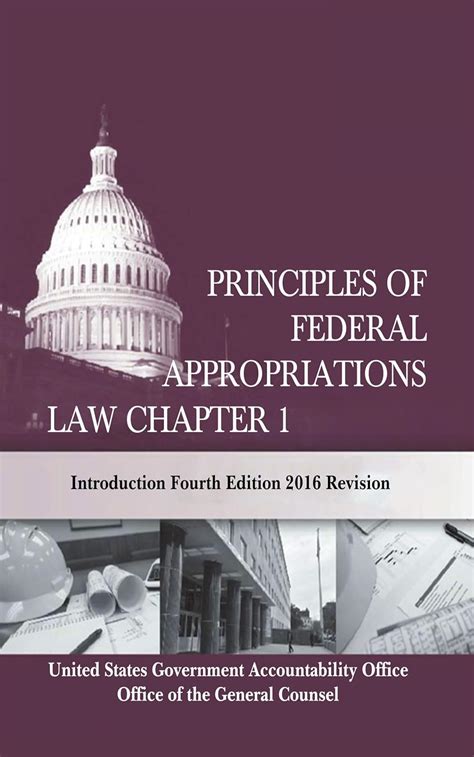Defining Appropriation

Appropriation, in the context of American government, refers to the act of allocating funds for specific programs or projects. It is a crucial process that determines how the government spends taxpayer money and sets priorities for public policy. In the United States, the power to appropriate funds is vested in Congress, specifically the House of Representatives.
Importance of Appropriation
Appropriation plays a vital role in shaping the government’s response to societal needs. By allocating funds, Congress can:
- Prioritize Programs: Determine which programs and projects receive funding, ensuring that the most essential services are adequately funded.
- Set Policy Goals: Influence public policy by funding programs that align with desired outcomes.
- Provide Oversight: Exercise oversight over government spending by monitoring how appropriated funds are used.
Process of Appropriation
The appropriation process involves several key steps:
1. Authorization: Congress authorizes programs and projects through legislation. This includes establishing the purpose, scope, and duration of the programs.
2. Request: The President submits a budget proposal to Congress, outlining the proposed spending levels for each government department and agency.
3. Appropriations Committee Review: The House and Senate Appropriations Committees review the budget proposal and develop their own bills.
4. Floor Debate: The full House and Senate debate and vote on the Appropriations bills.
5. Conference Committee: If the House and Senate bills differ significantly, a conference committee is formed to reconcile the differences.
6. Final Passage: The reconciled bill is voted on by both chambers of Congress and presented to the President for signature.
Types of Appropriations
Appropriations can be categorized into several types:
- Direct Appropriations: Funds allocated specifically for a particular program or project.
- Indirect Appropriations: Funds allocated to an agency or department with less specific instructions on their use.
- Earmarks: Appropriations designated for specific projects or programs within a larger bill.
- Continuing Resolutions: Temporary measures passed to fund the government when a budget has not been approved before the start of the fiscal year.
Key Players in Appropriation
Several key players are involved in the appropriation process:
- Congress: Holds the exclusive power to appropriate funds.
- Executive Office of Management and Budget (OMB): Advises the President on budget matters and prepares the budget proposal.
- Office of Management and Budget (OBM): Oversees the implementation of appropriations and provides oversight of government spending.
- Government Accountability Office (GAO): Conducts audits and investigations related to government spending.
Challenges in Appropriation
Appropriation is a complex process that faces several challenges:
- Political Influence: Appropriations can be influenced by political considerations, leading to funding decisions based on partisan interests rather than societal needs.
- Budget Constraints: The government’s budget is typically constrained, requiring Congress to make difficult decisions about funding priorities.
- Inefficiencies: The appropriation process can be time-consuming and inefficient, resulting in delays in funding essential programs.
Common Mistakes to Avoid in Appropriation
To avoid common pitfalls in appropriation, policymakers should:
- Prioritize Needs: Focus on funding programs that address the most critical societal needs.
- Ensure Transparency: Make the appropriation process transparent and accessible to the public.
- Avoid Earmarks: Limit the use of earmarks, which can lead to inefficient spending.
- Conduct Oversight: Regularly oversee the implementation and use of appropriated funds.
Conclusion
Appropriation is a fundamental aspect of American government that shapes public policy and allocates taxpayer dollars. By understanding the process, types, and challenges of appropriation, policymakers can make informed decisions that effectively address societal needs and promote efficient government spending.
FAQs
1. Who has the power to appropriate funds in the United States?
– Congress
2. What is the first step in the appropriation process?
– Authorization
3. What agency prepares the President’s budget proposal?
– Office of Management and Budget (OMB)
4. What is the purpose of a continuing resolution?
– To provide temporary funding for the government when a budget has not been approved.
5. What are some challenges in appropriation?
– Political influence, budget constraints, inefficiencies
6. What is a common mistake to avoid in appropriation?
– Prioritizing partisan interests over societal needs
